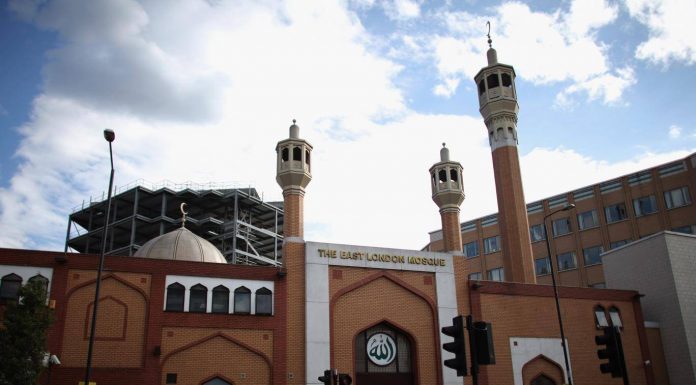The United Kingdom’s Commission for Countering Extremism released their report this month on challenging extremism in England and Wales. The report is based on visits to20 towns and cities and responses from 3,000 organisations and individuals. The report argues that the failure to properly define ‘non-violent extremism’ has stymied efforts to counter it, meaning that the government’s response is inadequate and unfocused. It suggests that there are three categories which are harmful and lie outside democratic debate: terrorism and violent extremism, hateful extremism and the restriction of rights and freedoms.
It proposes also that the government focuses on fighting ‘hateful extremism’. It describes hateful extremism as:
- Behaviours that can incite and amplify hate, or engage in persistent hatred, or equivocate about and make the moral case for violence
- And that drawn on hateful, hostile or supremacist beliefs directed at an out-group who are perceived as a threat to the wellbeing, survival or success of an in-group;
- And that cause, or more likely to cause, harm to individuals, communities or wider society.
As well as a new definition of hateful extremism, the commission recommends a new government strategy and a home secretary-led task force. The Report also expands on the groups which it considers to be main threats with regards to this and why. The Far Right because of its narratives of a racial or cultural threat to “natives” from “aliens”, exploiting community tensions to turn residents against minorities. ‘Islamists ideas’ which call for a single politicised and communal Muslim identity against the West’s corrupting influence, and the Far Left, which is accuses of conflating anti-imperialism with anti-Semitism.
The report also said it was “concerned with the hateful manner with which some Islamists abuse and intimidate Muslims who work to counter Islamist extremism.”, with community leaders dismissed as “Uncle Toms” and “native informers”; stooges of the government. The report specifically targets Muslim organisations such as Cage, Mend and the Islamic Human Rights Commission for using such language and for promoting ‘hateful extremism’.
The report has been roundly condemned by a number of politically active Muslims and Muslim organisations. Malia Bouattia, the former president of the UK’s National Union of Students and the co-founder of the ‘Students not Suspects/Educators not Informants Network’ says that “the call to fight hateful extremism is coming from the very institution that is constructed and framed by the practice of hate.” She notes that it has been pointed out repeatedly that Counter Extremism rests on the scapegoating of minorities, and especially Muslims, by exploiting public fears over violent terror to pass repressive policies which silence and criminalise sections of societies. This report continues this trend and takes it further with its targeting of the “far” left and anti-imperialists, who often stand in solidarity with these minorities on these issues. The long-standing criticism is also evident when the commission was first set up, with criticism regarding the appointment of Sara Khan, already a divisive figure, as commission head.
Bouattia also ridicules the idea that whose who take on government jobs on combating extremism are somehow the victims and that “they should be left to spy and repress in peace.
Criticism has also come from Muslim academic Sadek Hamid who, alongside academic Tahir Abbas of Leiden University, was commissioned to contribute studies to the report, which was then not included in the report. He suggested this was because it challenged the arguments made in other papers made on ‘Islamism’, and due to an article which accused them of anti-Semitism, which he challenged as being an attempted smear. He argued that the report showed a “troubling lack of lack of engagement with Muslims groups in the papers on Islamism, which only reinforce existing tropes about well known organisations penetrating public institutions and influencing government policies.
The Islamic Human Rights Commission has responded to the report too, arguing that the Commission’s vision of the Muslim community is one that shows little or no opposition to state policies, by demonising the legitimate activities and political speech of Muslims and now of the Left who may advocate the same issues. The IHRC also argues that going by the contents of the report, a disagreement with a policy or calling out individual and systematic injustice will be labelled as extremist.
Sources
https://www.thetimes.co.uk/article/government-drive-to-tackle-extremism-is-inadequate-58v6zzfxw
https://5pillarsuk.com/2019/10/08/the-extremism-commission-wants-muslims-to-be-seen-but-not-heard/






